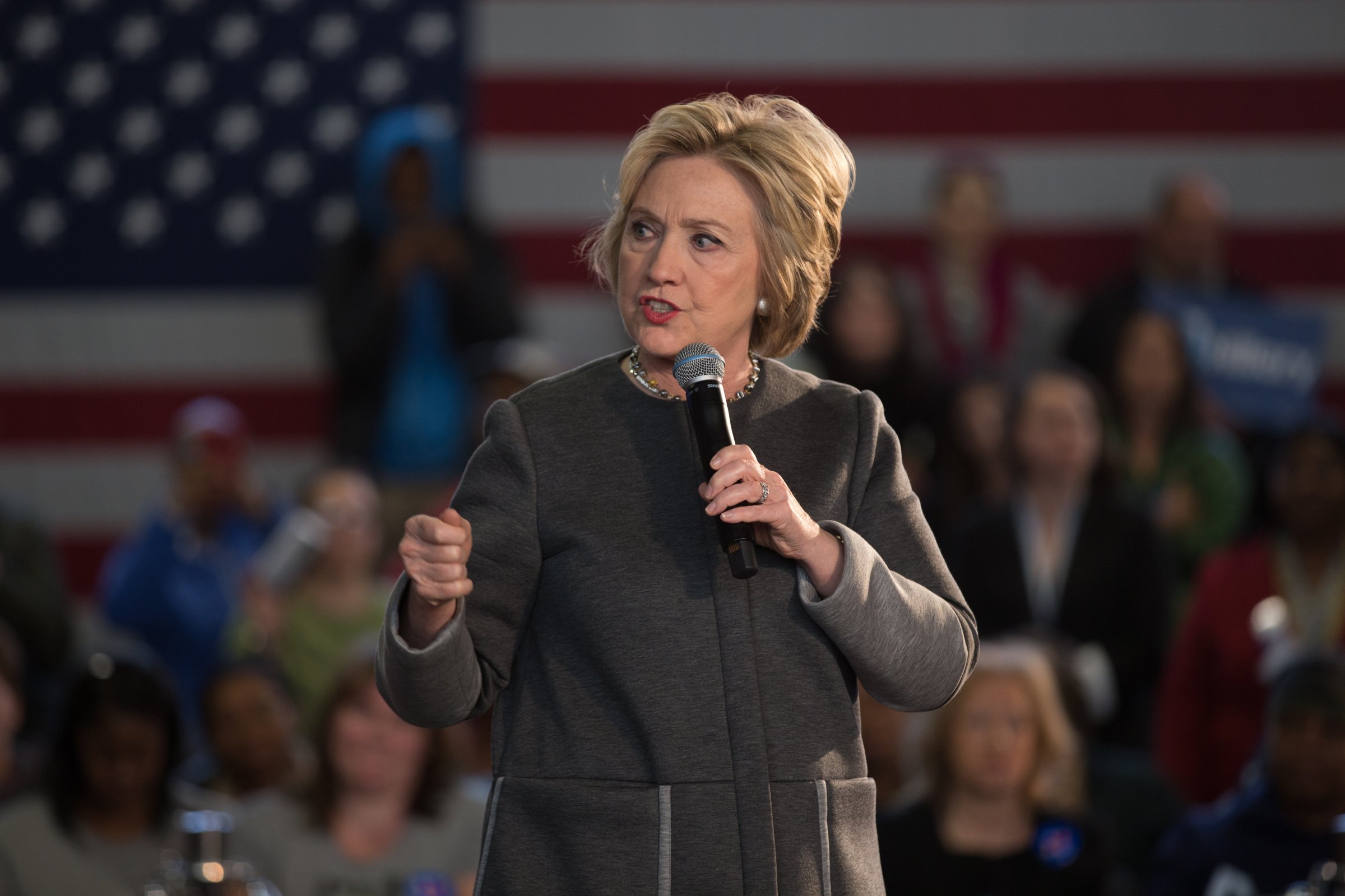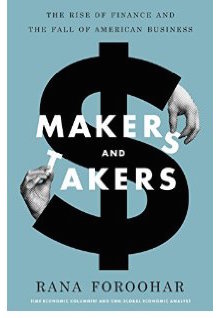
It should come as no surprise that the Indiana primary yielded victories for Donald Trump and Bernie Sanders. The state is populated with many working-class whites, most of whom haven’t gotten a raise in real terms since 1968, as well as minorities who tend to feel the system isn’t working for them. I grew up in Indiana in a small town filled with migrant farm workers and laid off factory laborers forced to take cashier jobs at the big box stores that had decimated the town square retail environment. So the sentiment behind Trump’s brand of populism or “feeling the Bern” has never struck me as particularly fringe. Their appeal seems tailored to the kinds of voters in my home state.
Grappling with that and listening to what Hoosiers are saying is going to be crucial for Hillary Clinton if she wants to beat Trump in the general election. Indiana’s voters—like many primary voters this year—are signaling that a middle-of-the-road economic message isn’t going to work for Democrats anymore. Since the Reagan revolution made a “markets know best” approach the status quo economic maxim in this country, Democrats have struggled to come up with a response. Clintonomics was a successful hedge for a while, a leftish-wing way of reconciling with laissez faire economics. But growth in that decade was built on a technology-driven productivity boost that’s now tapped out, along with a market bubble that wasn’t (and shouldn’t have been) sustainable.
Meanwhile, some of the policy shifts made under Bill Clinton, like the de-regulation of derivatives and move to a system of corporate compensation that allowed for runaway growth in stock options pay actually made things worse for the average Joe. (The later increased both the wealth divide and short-term thinking on the part of businesses.) That’s one reason that the economic message that Hillary has been pushing on the campaign trail—the 1990s were great and we just need to create more “ladders of opportunity” for people to climb their way back to that era—isn’t playing well in many places. Very few people believe in trickle-down economics anymore; Democrats need to change the conventional economic wisdom to something that makes more sense in the longest, slowest recovery of the post World War II era.
Indeed, a new survey out today from Democracy Corps, which is co-run by former Bill Clinton pollster Stan Greenberg, found that the Bernie Sander’s style message of leveling the economic playing field, reforming big money politics, restructuring the financial, tax and trade systems to support the working and middle classes, and shoring up the social safety-net, is polling much better than Hillary’s more moderate approach. It’s a message that’s in line with the Roosevelt Institute’s “Rewriting the Rules” report, done by former Clinton economic advisor Joseph E. Stiglitz, which stresses the need for Democrats to stop taking the middle road, and take the populist opportunity to push a more radical economic agenda.
To me, it sounds like smart advice. After all, it’s clear that Trump is going to run to the left (in a sense) of Hillary on economic issues, and that the core truth of a stacked deck and a system that no longer works for working people resonates more that the deep irony of that message coming from someone like Trump—a billionaire who has profited from leverage. The truth is that both mainstream Democrats and Republicans need a more resonant kitchen table economic message, one that speaks to voters’ felt experience.

Foroohar is an assistant managing editor at Time and the magazine’s economics columnist. She’s the author of Makers and Takers: The Rise of Finance and the Fall of American Business, available here.
More Must-Reads from TIME
- Why Trump’s Message Worked on Latino Men
- What Trump’s Win Could Mean for Housing
- The 100 Must-Read Books of 2024
- Sleep Doctors Share the 1 Tip That’s Changed Their Lives
- Column: Let’s Bring Back Romance
- What It’s Like to Have Long COVID As a Kid
- FX’s Say Nothing Is the Must-Watch Political Thriller of 2024
- Merle Bombardieri Is Helping People Make the Baby Decision
Contact us at letters@time.com